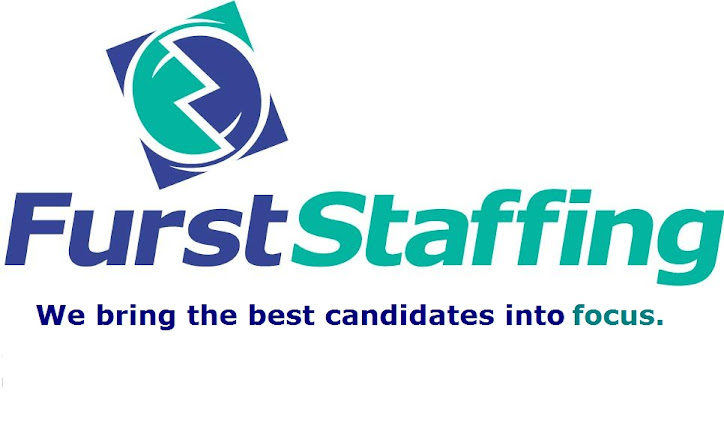6 Ways to Keep Candidates LegitUse the following tips as you evaluate candidate resumes moving forward:
- Perform a standard background check on things like work history, residences, dates of employment, etc. Look for discrepancies between what the candidate submitted and what the reports reveal.
- Check for red flags: Unexplained gaps in employment, a reluctance to explain the reason for leaving, and unusual periods of self-employment can be a tip off to false employment history. Always check references, including clients, for self-employed work history. Because even references can be fake, check the web sites of previous employers and use the phone numbers found online for employment verification. (Can’t find a previous employer’s web site, even after you’ve “Googled” it? The Better Business Bureau or the local Chamber of Commerce are good resources to check, too.)
- Utilize social networking sites. Social networking profiles contain public information that may help you verify certain information such as a candidate’s work history or education credentials. (Just be aware of the possible legal ramifications of using social media to screen applicants. It’s probably best not to ask candidates for their Facebook passwords, either.)
- Test their skills. Knowing that employers use keyword searching to find and qualify their resumes, applicants may include keywords for all skills required for the job – regardless of whether they have them or not. Find out if they’re embellishing by asking specific technical questions about the skills they claim to have and actually test their computer skills.
- Be fair. Remember that mistakes and misunderstandings do happen. If you find a discrepancy, give the candidate an opportunity to explain.
- Use common sense. Trust your intuition and experience. If something doesn’t seem right, follow up on it.
Click here to CareerBuilder's site to view the original article.
